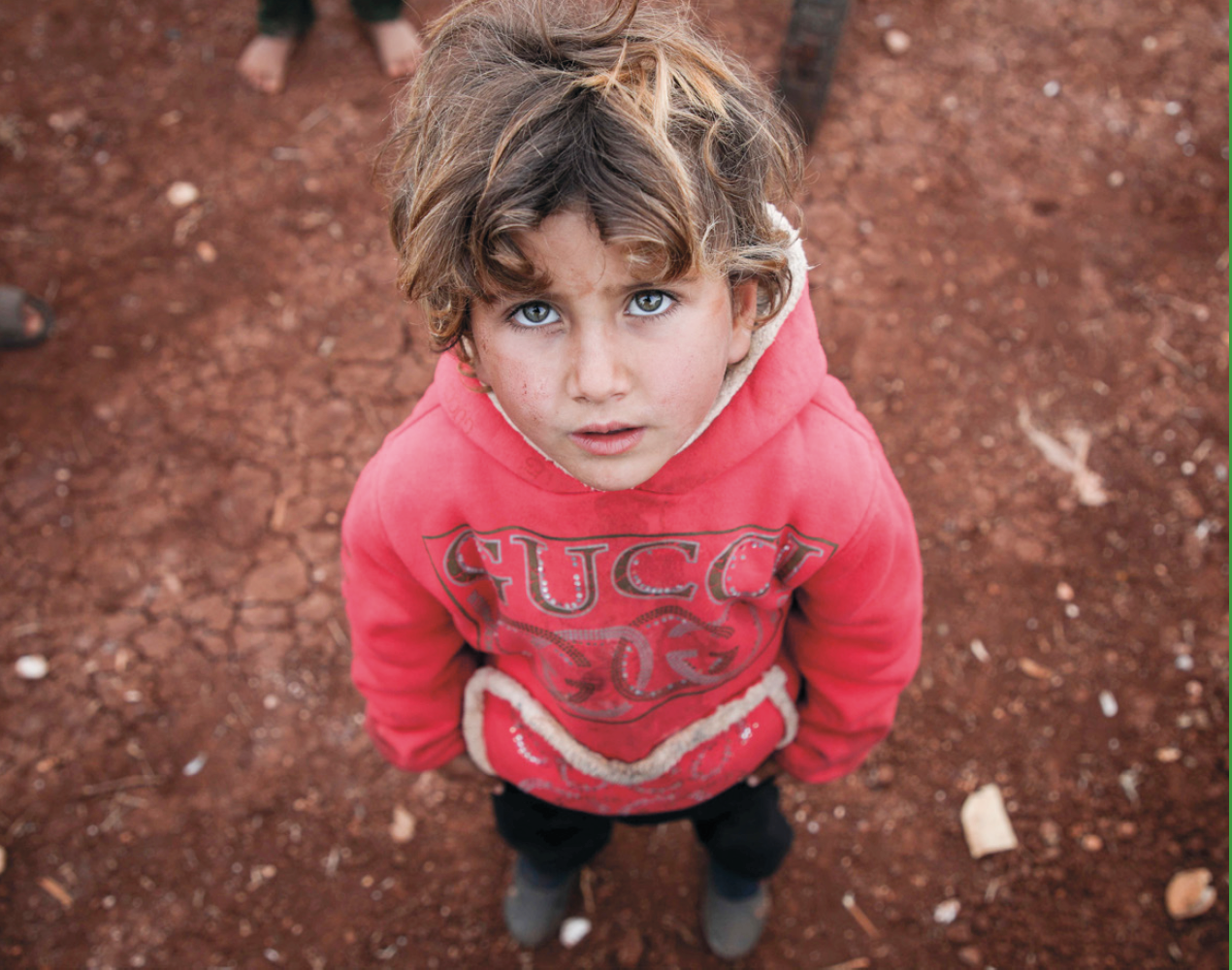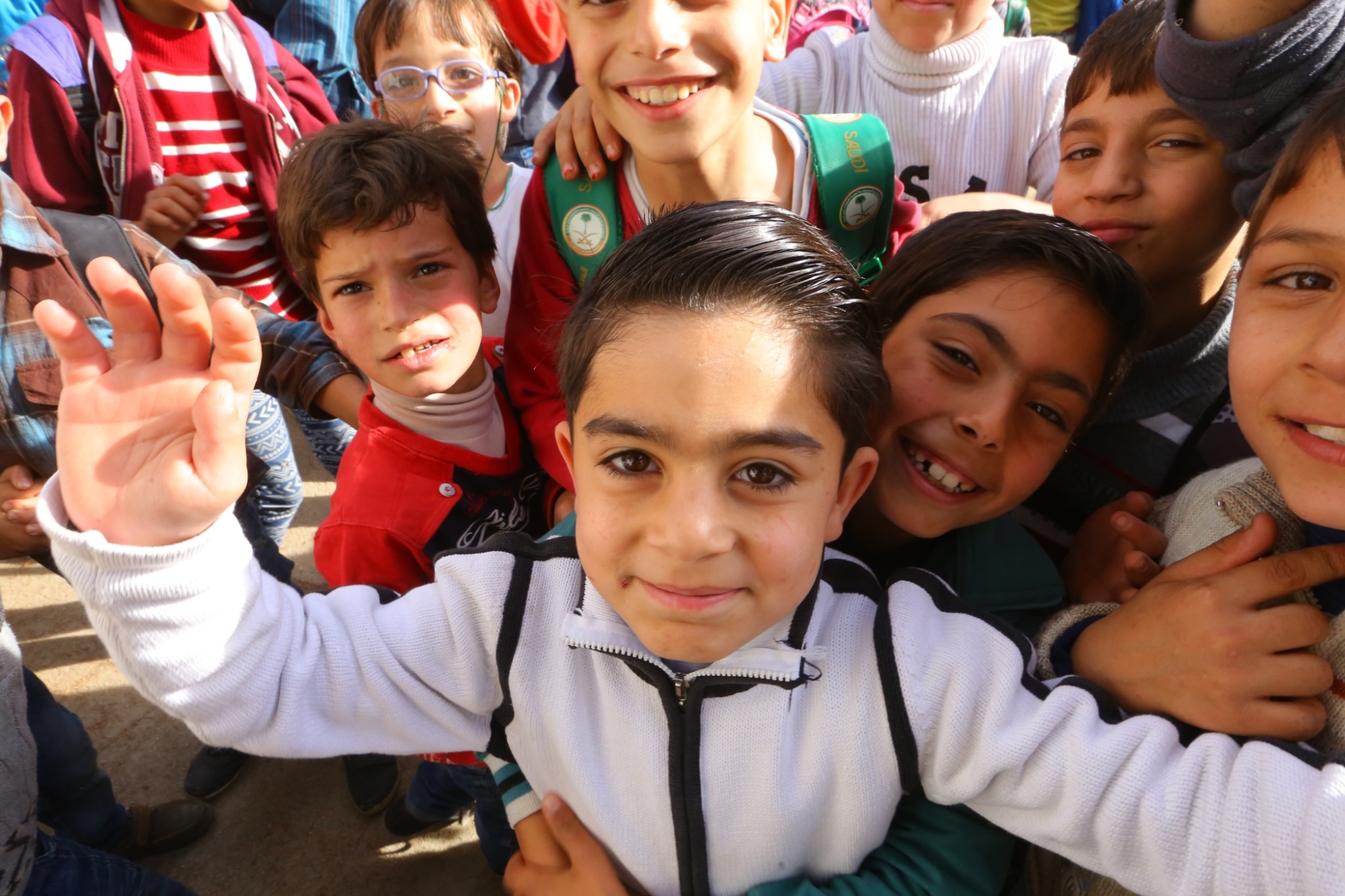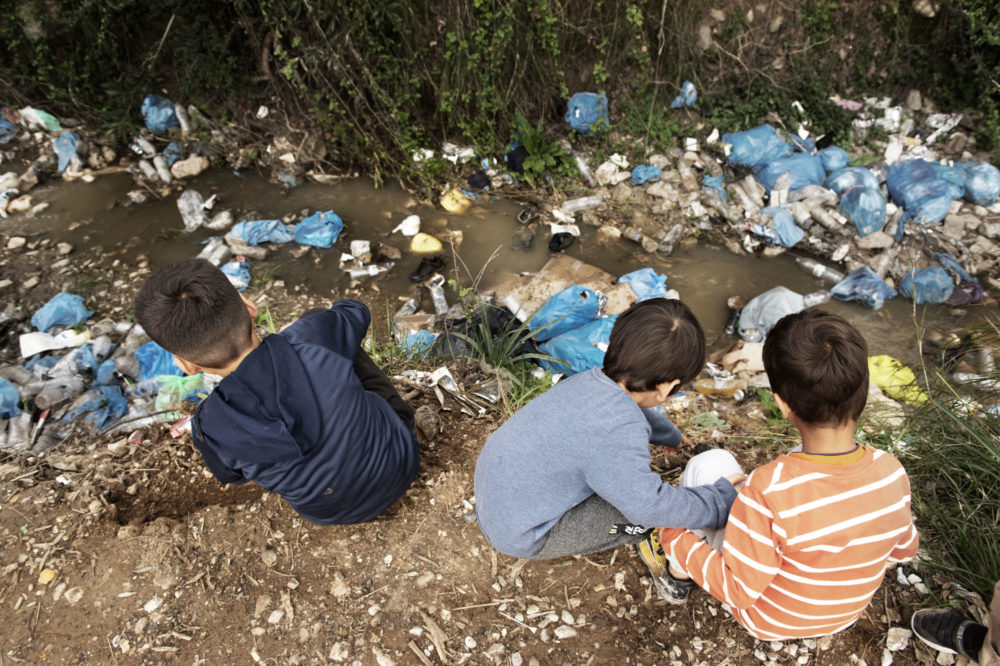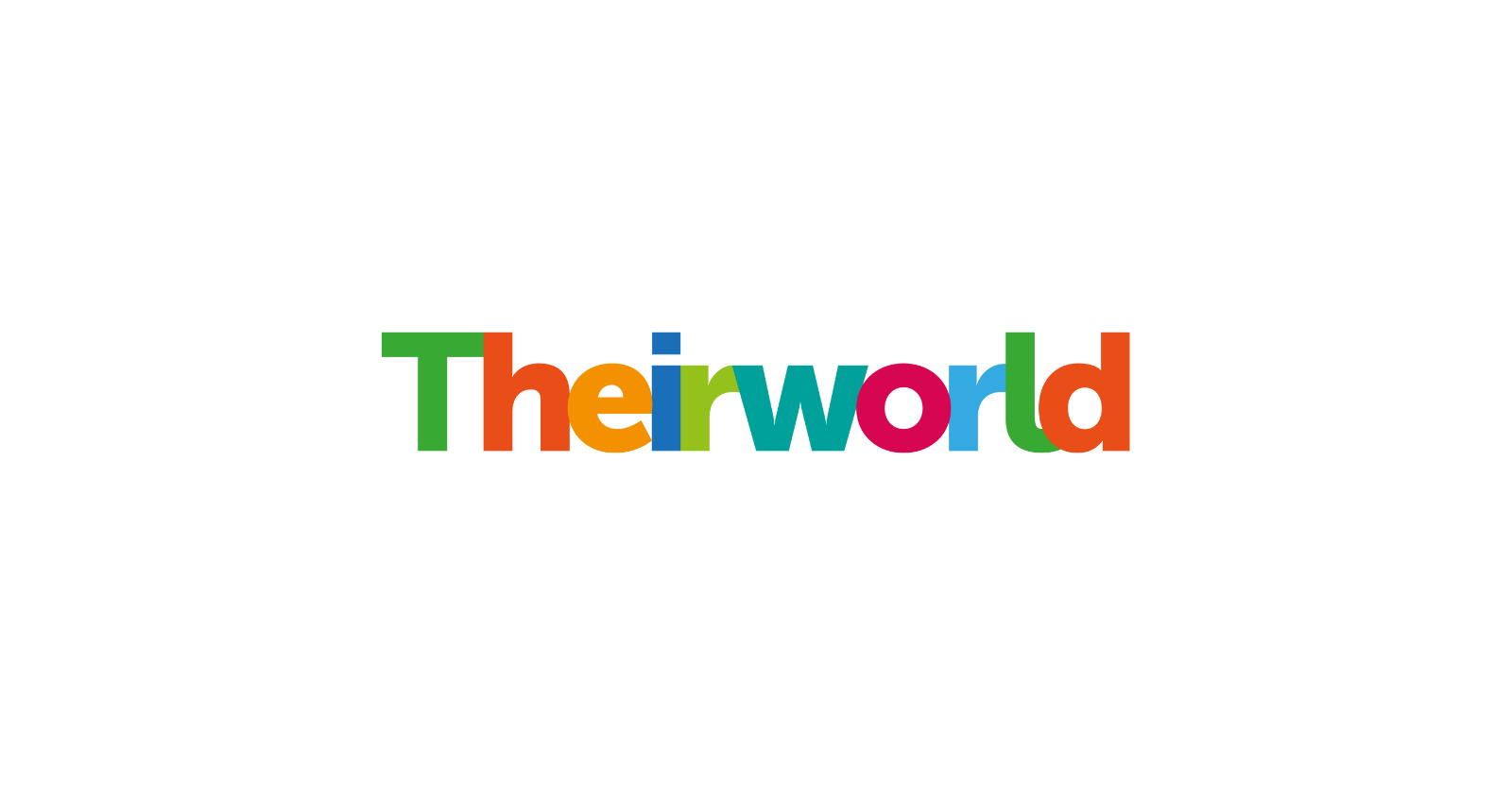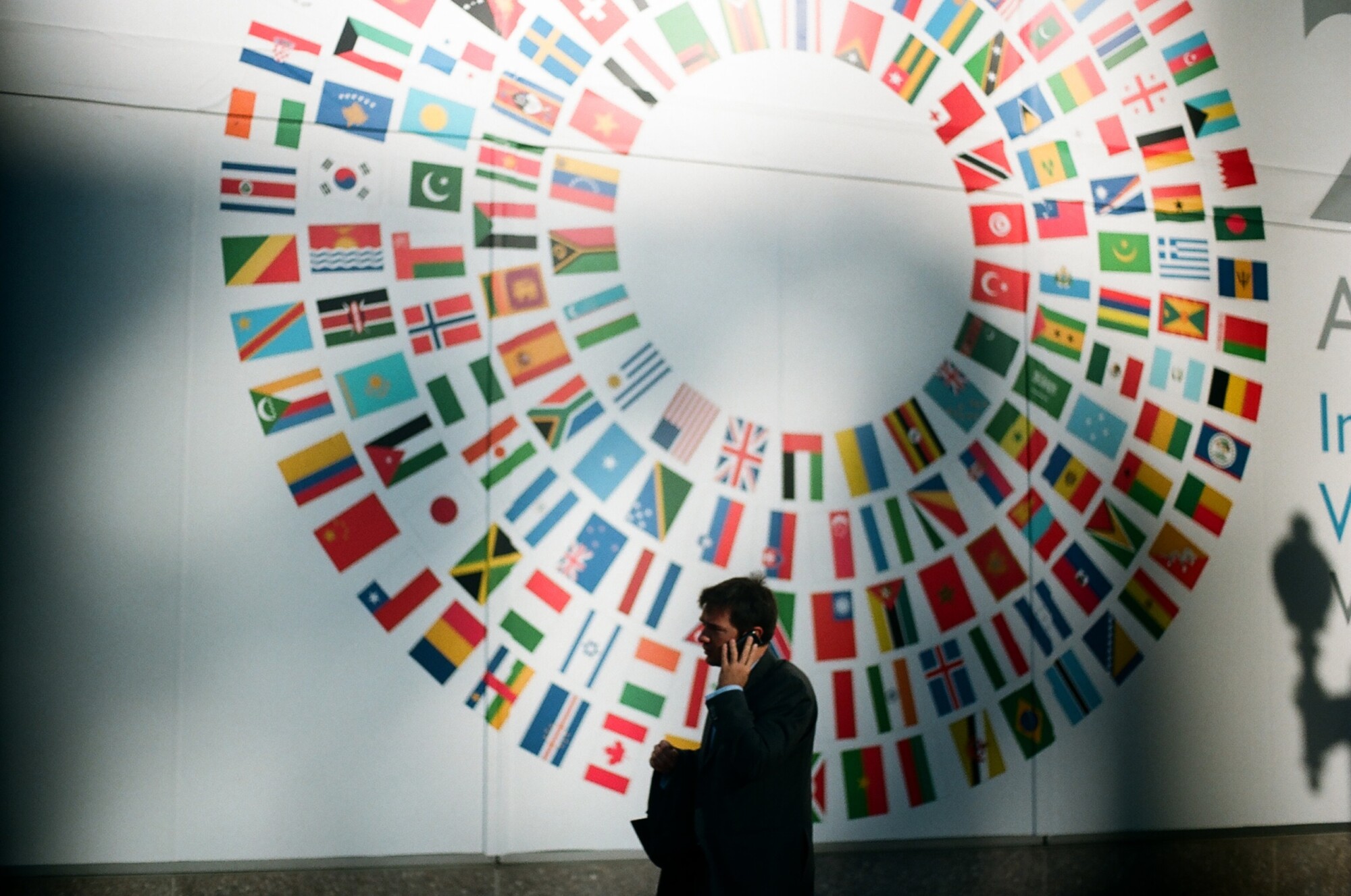Reports
Just Beginning – Donor Profiles: World Bank and UNICEF
Below are two donor profiles compiled to support our scorecard Just Beginning: Addressing inequality in donor funding for Early Childhood Development.
This research presents an overview of the disbursements that UNICEF and the World Bank have made to Early Childhood Development (ECD) overall, and to pre-primary more specifically over the last 15 years. The research has chosen to focus on UNICEF and the World Bank given that these donors are seen to have led global efforts in promoting arguments in favour of investing in children in the early years, as laid out in their planning documents. The strategies outlining commitments over the SDG period of both donors illustrate the emphasis they place on investing in pre-primary education, recognising that without investment here targets for other SDG areas are unlikely to be met.
UNICEF and the World Bank are the largest multilateral donors to ECD in 2016. In addition, the World Bank continues to be the largest donor to pre-primary education in volume terms, while UNICEF is amongst the largest in terms of its share of the total ODA to pre-primary education.
Yet, as the following profiles illustrate, financial commitments to pre-primary education by both these donors highlights that, even with these donors, their stated commitment to pre-primary education is not sufficiently matched by their spending
